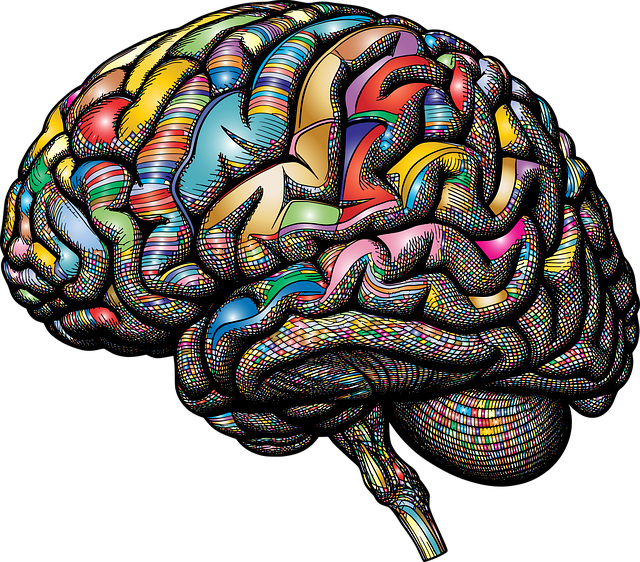Northglenn Eating Disorders Therapy provides specialized support for those dealing with eating issues, focusing on therapeutic approaches to restore healthy relationships with food and bodies. They integrate mindfulness meditation, progressive muscle relaxation, and deep breathing exercises into their holistic program to reduce stress, anxiety, and promote emotional balance. This comprehensive strategy aims to empower clients with daily tools for improved mental well-being, addressing stigma to create an inclusive environment for open conversations about stress and mental health.
Stress management is a vital skill in today’s fast-paced world. This article explores effective techniques to navigate and overcome stress, offering practical insights for daily life. We delve into the science behind stress, uncovering its causes and impacts, providing a comprehensive understanding. Furthermore, it highlights Northglenn Eating Disorders Therapy’s innovative approach by integrating relaxation strategies, showcasing a holistic method for well-being. Discover proven tactics to transform your relationship with stress and embrace a calmer, more balanced life.
- Understanding Stress: Unraveling the Causes and Effects
- Effective Stress Management Techniques for Daily Life
- Northglenn Eating Disorders Therapy: Integrating Relaxation Strategies
Understanding Stress: Unraveling the Causes and Effects

Effective Stress Management Techniques for Daily Life

In today’s fast-paced world, effective stress management techniques are essential for maintaining both physical and mental well-being. Northglenn Eating Disorders Therapy offers valuable insights into strategies that can transform daily life. One powerful method is mindfulness meditation, which encourages individuals to focus on the present moment, thereby reducing anxiety and fostering a sense of calm. By integrating this practice into their routines, people can improve their ability to cope with stressful situations.
Additionally, mental health education programs design plays a crucial role in equipping individuals with the knowledge to recognize and manage stress triggers. These programs often include techniques like deep breathing exercises and progressive muscle relaxation. Incorporating these practices consistently can lead to significant improvements in overall well-being. Moreover, addressing the Mental Illness Stigma Reduction Efforts is vital; understanding and supporting one another can create a more inclusive environment, promoting open conversations about stress and mental health challenges.
Northglenn Eating Disorders Therapy: Integrating Relaxation Strategies

Northglenn Eating Disorders Therapy offers a holistic approach to well-being by integrating relaxation strategies as part of their program. Recognizing the deep connection between mental health and physical comfort, they teach clients effective self-care routine development for better mental health. Through various techniques such as mindfulness meditation, progressive muscle relaxation, and deep breathing exercises, individuals gain tools to promote emotional well-being and manage mood more effectively.
These strategies are not just taught in isolation but are woven into the fabric of therapy sessions, empowering clients to use them in everyday life. By mastering these practices, Northglenn Eating Disorders Therapy aims to help individuals achieve a state of calm and balance, laying the foundation for lasting recovery and improved overall emotional well-being.
In light of the above, it’s clear that stress management techniques are essential tools for maintaining mental and physical health. By understanding the causes and effects of stress, individuals can employ effective strategies such as mindfulness, relaxation exercises, and cognitive-behavioral therapy to navigate challenging situations. Northglenn Eating Disorders Therapy exemplifies how integrating relaxation strategies into holistic treatment plans can significantly enhance well-being. With consistent practice, these techniques empower individuals to lead more balanced and fulfilling lives, fostering resilience in the face of stress.









